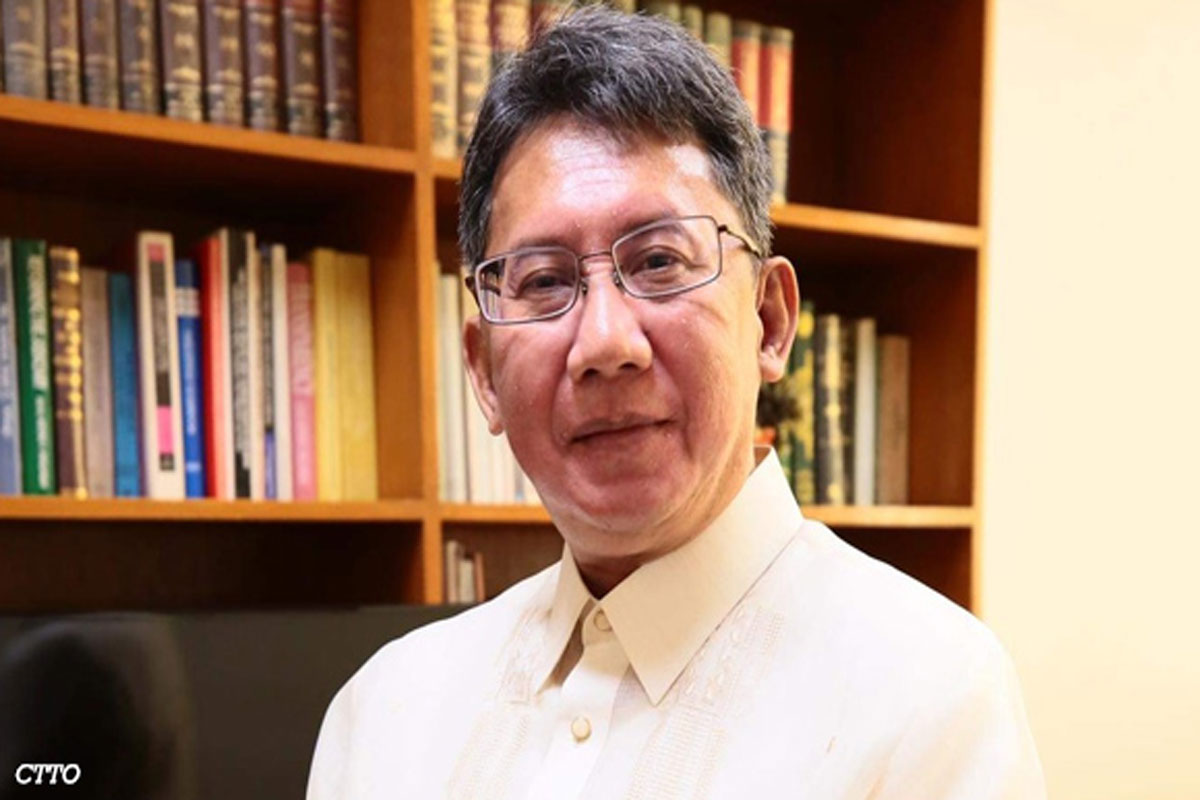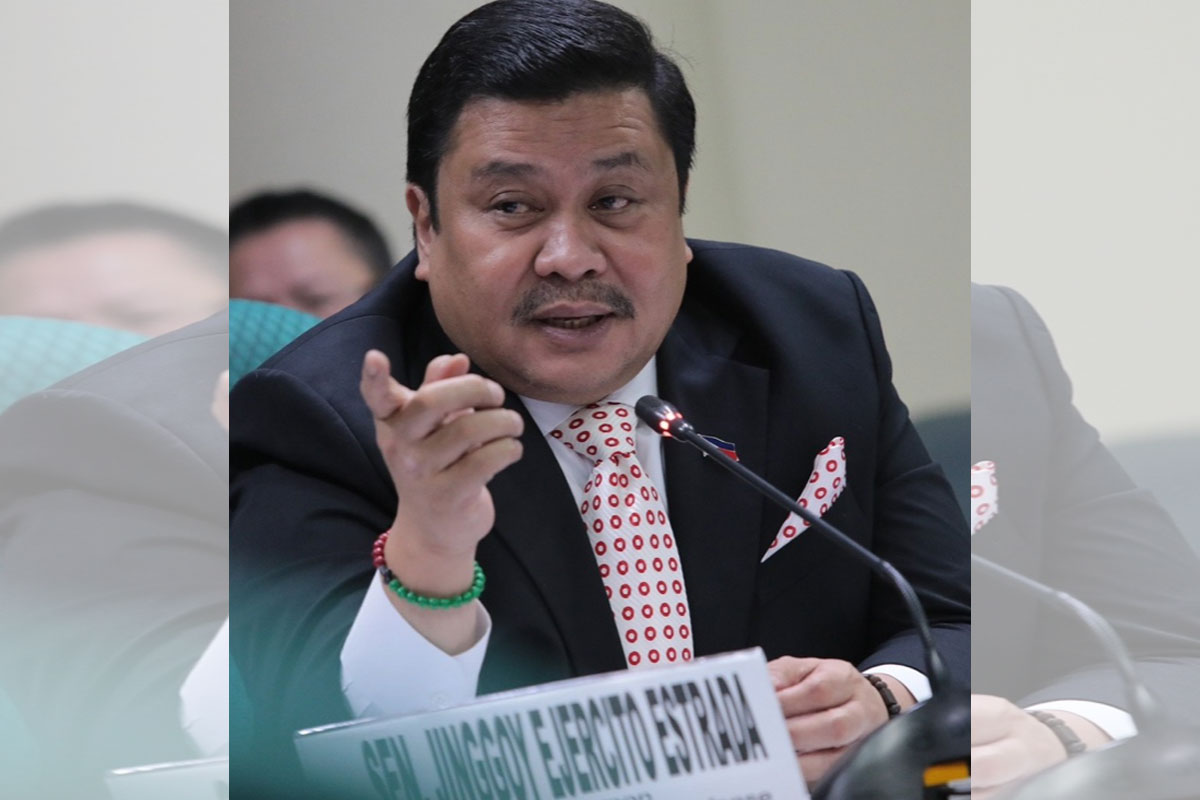
Beware of fake Senate news, socmed accounts
NOT EVEN THE SENATE of the Philippines has been spared by spreaders of fake news and disinformation.
This was confirmed Saturday by Senate Secretary Renato Bantug jr., who expressed alarm and stressed on the need for the public to verify accounts that bear the blue check marks on the official Facebook, Twitter, and Instagram pages of the Senate of the Philippines.
Bantug issued the warning amid the proliferation of fake social accounts on FB and LinkedIn using the Senate of the Philippines and which mimic the official seal to post inaccurate, misleading, and inflammatory content.
Bantug said this rise of fake news meant to twist information using the Senate of the Philippines must be scrutinized and verified as he confirmed that he is already coordinating with proper agencies to help them.
The Senate Secretary immediately announced this move to protect the Filipinos as he clarified that the Senate of the Philippines does not have an official LinkedIn page. They have already written a formal letter to Facebook to report the said incidents.
“For official and accurate information about the Senate of the Philippines, its members, as well as its activities, please refer to the Senate of the Philippines’ official website, or its verified accounts on Facebook, Twitter, and Instagram,” Bantug said
To help tackle the challenge, some senators earlier filed several bills that will help Congress curb this kind of malicious activity
The Senate will also seek the help of experts like the National Bureau of Investigation to dig deeper into the issue, explore means of detecting this kind of unscrupulous activity and file all possible legal and technical action against those behind this move.
Senator Joel Villanueva has filed a bill to finally end spam messages and calls victimizing many people due to the absence of an enabling law that will protect telephone and mobile subscribers against the so-called electronic scams and threats.
Villanueva said Senate Bill 366, once passed into law, will serve as a deterrent against the misuse and abuse of digital technology. He noted the advent of new information technology comes with the evolution of phishing attacks on several platforms like short message services, emails, and calls.
Recently, many citizens complained of receiving scam text messages that offer fake jobs, promising high wages and other valuable products at seemingly discounted prices. This is a scheme now called “smishing,” a form of text message phishing that lures consumers into giving away personal or financial information.
With the unemployment rate as of May 2022 reaching 6 percent (equivalent to 2.93 million Filipinos) and an underemployment rate of 14.5 percent (equivalent to 6.67 million Filipinos), Villanueva said this scheme would have already misled and will continue to mislead recipients if left unaddressed by the Philippine government.
Under this bill, “spam” is defined as a call or text message that may fall under any one or more of the following categories:
● Those containing commercial promotions or advertisements that are not initiated by the recipient, and the recipient did not opt-in to receive;
● Those that cause programs to be installed on the subscriber’s device without the subscriber’s consent;
● Those that contain false or misleading electronic representations redirecting to websites, chat platforms, and similar online platforms; and
● Those that triggers the collection of personal information by accessing an electronic device illegally.
To enhance the privacy protection of individual subscribers, the bill automatically opts out all telephone and mobile subscribers from spam calls or messages and allows the subscriber to provide prior consent before any commercial or promotional advertisements can be sent to such subscribers.
Under the proposed law, mobile network service providers are also mandated to provide user-friendly reporting mechanisms for their subscribers and immediately act on complaints, upon due investigation, to prevent further unsolicited calls and texts from such mobile numbers.
The bill also establishes a prima facie presumption of a violation of its provisions if the subscriber opted out of receiving any calls or text messages, or when the subscriber has declined to further give consent to the continuation of the call or text but still receives such messages, or when the unsolicited call or text falls within the second to fourth categories of spam as indicated in the bill.
To ensure that its provisions will be implemented effectively, the bill mandates the National Privacy Commission, the National Telecommunications Commission, and the National Bureau of Investigation, in coordination with relevant stakeholders, to further improve and develop the technical and industry efforts to protect the data privacy of citizens. By PS JUN M. SARMIENTO & CAMILLE P. BALAGTAS





















